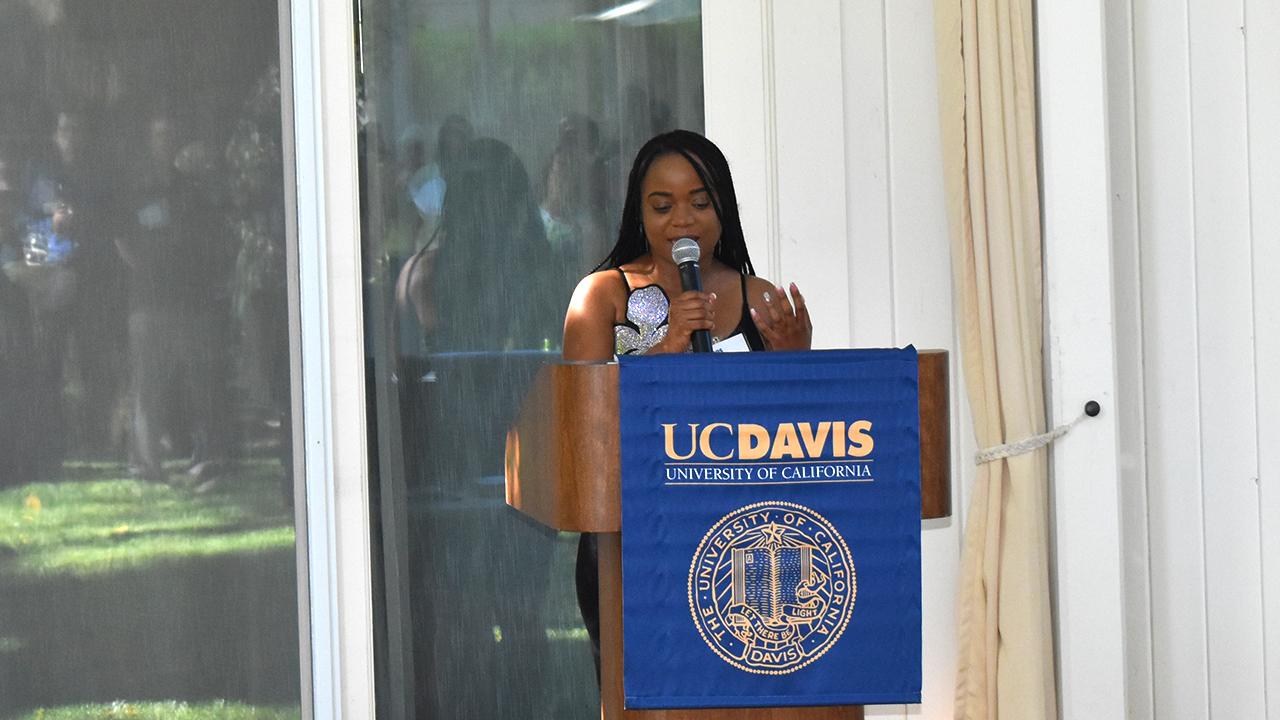
Imagination Deficit Disorder
It's never fun to have to break bad news to someone. I hate having to say this to you: Africa is suffering from an insidious disease. Africa is suffering from Imagination Deficit Disorder—an impairment of progress, growth and socioeconomic development in Africa.
When I look at the “fish-rot” scandal in Namibia, Rajoelina’s coup d'é·tat in Madagascar and the state capture in South Africa, I see a deterioration in reasoning, a disorientation of the moral compass and a deficiency of ubuntu.
See, I was born six months and seven days after Nelson Mandela was released from prison. My parents named me Tokologo, the seSotho, seTswana and sePedi word for Freedom. They named my twin sister Tharullo, which means Solution. My parents, and many other South Africans, imagined peace and hope, they imagined freedom and solutions, they imagined fairness and inclusion. South Africa imagined transformation. But, with symptoms like inequality, what does transformation look like?
Inequality is like a pebble in your shoe. It makes it painful to walk even on perfect terrain.
In South Africa, this pebble has become a heavy boulder that is a deterrent to transformation. With a Gini-coefficient of 0.63, South Africa is the most unequal country in the world. In a society where 10 percent of the population owns 80 percent of the wealth, South Africa is the most unequal country in the world. In a country where the color of your skin still wins the race of quality education, employment and the labor market, South Africa is the most unequal country in the world. Many of us wonder why. Our leaders are suffering from Imagination Deficit Disorder
I am tired of seeing our precious people paraded as paupers and peasants. I fail to wrap my head around the fact that a country that produces almost half the entire continent's electricity output is failing to keep its lights on. I am angry about the fact that the opulent, world-class, richest square mile in Africa is a stone's throw away from Alexandra's shacks, poverty and broken promises. My country is suffering from Imagination Deficit Disorder.
Our leaders fail to take lessons from the past; they fail to imagine themselves as something better than 1990. They fail to hear the voices of the blood that was shed for our freedom. Blood crying out for justice, blood crying out for solutions, blood crying out for transformation. Our leaders have betrayed innocent blood. They feel the need to take from those in need to feed their greed. The stomach is full, the pockets are full, and yet the mind is still poor. Africa is suffering from Imagination Deficit Disorder. My cry is at the sight of our leaders who embody the image of our oppressors. Again, I ask, what does transformation look like?
In 2023, the world tells us how Africa is immerging in importance, but that is a lie. Africa has always been important. What the world is coming to understand is just how important Africa is.
Africa is the future of the world. We need to understand that Africa is far greater than what the world has been telling us. The world has taught us that transformation is defined as a complete shift in behavior. That, my friend, is another lie. The “legacy of apartheid” or any form of colonization has taught us that simply shifting in behavior is like putting a teensy-weensy band-aid on a broken leg. Transformation requires a complete rehabilitation of the heart, of the mind and of the soul.
It requires the empathy of Naledi from Zambia, a medical doctor who is of one heart with both the doctors and the patients. It requires the progressive mind of Samrawit from Ethiopia, who uses architecture to represent the interests of ordinary people. It requires the selfless soul of Karine from Madagascar, who will die to self to protect Africa’s treasures.
Our leaders today must cultivate dignity from servanthood, recognize strength in humility and breed peace through accountability.
So, today I challenge you: do not be conformed to this world, but be transformed by the renewing of your mind, that you may prove that in 2023, transformation looks like you. I may not fully understand how the transformation was imagined in 1990, but I am convinced that in 2023, transformation looks like you. I may not know what transformation will look like 32 years from now, but today I stand boldly to announce that in 2023, transformation looks like me.